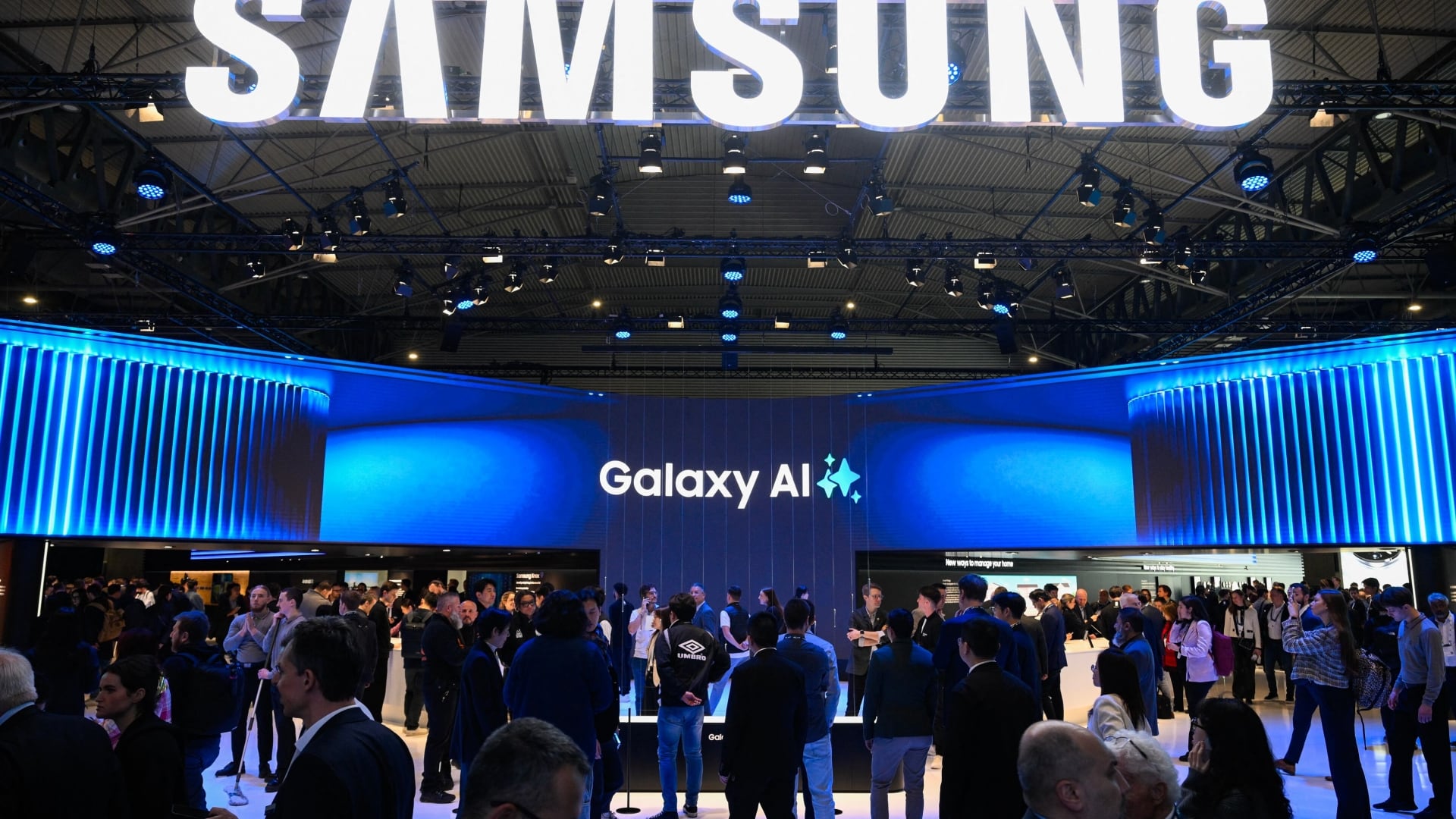The Week's Top Stories is a guided tour through the biggest market stories of the week, from winning stocks to brutal dips to the facts and forecasts generating buzz on Wall Street.
DEBT CEILING FACEOFF
The effort to come to a compromise that would raise the national debt ceiling and avoid a cataclysmic national default appeared to make little headway this week. With a June 1 deadline looming, the Biden administration held a series of meetings aimed at carving out a compromise, but Democrats and Republicans remain at odds. Meanwhile, the Congressional Budget Office on Friday reiterated that the U.S. government was at a "significant risk" of defaulting in the first two weeks of June if a bill wasn't passed.
AI FRENZY
Shares of Google parent Alphabet got a boost this week after the company announced that it was integrating artificial intelligence features into its search engine. Investors and analysts interpreted the news as a sign that Google would stay at the forefront of the AI race, which is already generating enthusiasm on Wall Street. According to a report from Societe Generale, the AI craze is responsible for all of the gains on the S&P 500 this year.
FEELING BULLISH
Relatedly, the tech-heavy Nasdaq Composite has officially exited bear market territory. Enthusiasm for AI explains part of the gains, but the index was also buoyed by a broader rebound in large-cap tech stocks, such as Microsoft, Apple, and Meta. Whether this bull market has legs, however, is one of the biggest questions facing Wall Street.
WOODSTOCK FOR CAPITALISTS
At Berkshire Hathaway's annual shareholder meeting, known as "Woodstock for Capitalists," CEO Warren Buffett warned that the "majority of our businesses" would see lower earnings this year and noted that he's offloaded several bank stocks that had been in his portfolio for a quarter century after "spotting red flags." The 90-year-old also emphasized that he wasn't stepping down from Berkshire's board anytime soon.
DISNEY DIPS
Shares of Disney fell 9 percent on Thursday after the entertainment giant reported losing four million subscribers from its Disney+ streaming platform last quarter. Price increases helped offset some of that loss, but investors were actually expecting a gain of one million, and some analysts noted that raising prices is not sustainable long-term. Notably, Disney's streaming segment is still a net loser overall.
TYSON TUMBLES
Tyson Foods' stock plunged around 16 percent earlier this week following an earnings report that showed the meat processor squeezed by high animal and feed costs at the same time that poultry prices are tumbling. “Commodity prices for most fresh chicken cuts are much lower than last year,” CEO Donnie King told investors during an earnings call.












